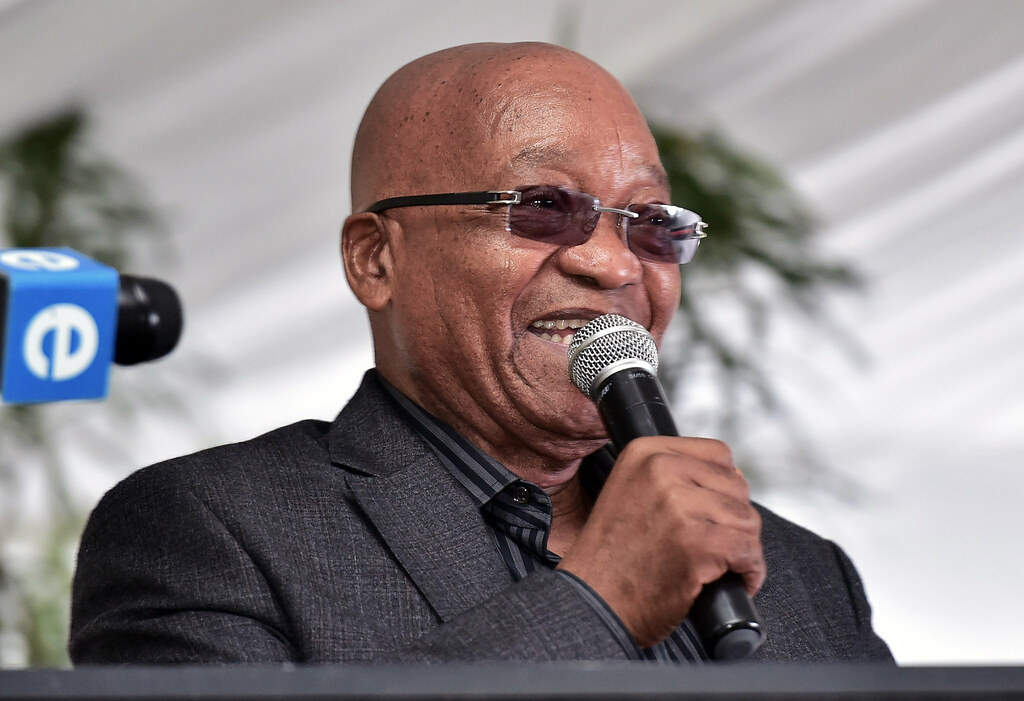South Africa’s political landscape has been jolted by the African National Congress’s (ANC) suspension of former President Jacob Zuma. This dramatic move follows Zuma’s announcement that he won’t vote for the ANC in the upcoming national elections, choosing instead to endorse the newly formed uMkhonto WeSizwe party.
This unprecedented decision reveals deep cracks within the ANC, a party already grappling with factionalism and allegations of corruption. Zuma’s public defection, even while claiming continued membership, is seen as a blatant disregard for party loyalty and a direct challenge to President Cyril Ramaphosa’s leadership.
The suspension is a calculated gamble for the ANC. It aims to demonstrate discipline and distance the party from Zuma’s baggage, which includes multiple corruption scandals and a tumultuous presidency. However, it risks alienating Zuma’s loyal support base, particularly in his home province of KwaZulu-Natal, a crucial ANC stronghold.
With elections looming, the ANC finds itself navigating a treacherous path. This internal strife adds yet another layer of complexity to an already competitive political climate. While this might consolidate Ramaphosa’s control within the party, it potentially opens the door for opposition parties to capitalise on disaffected ANC voters.
The coming months will be crucial in determining the impact of Zuma’s suspension and the wider internal dynamics within the ANC. Can the party mend its fractures and present a united front, or will these divisions further jeopardise its electoral prospects? The answers to these questions will not only shape South Africa’s political landscape but also carry significant implications for regional stability and beyond.

